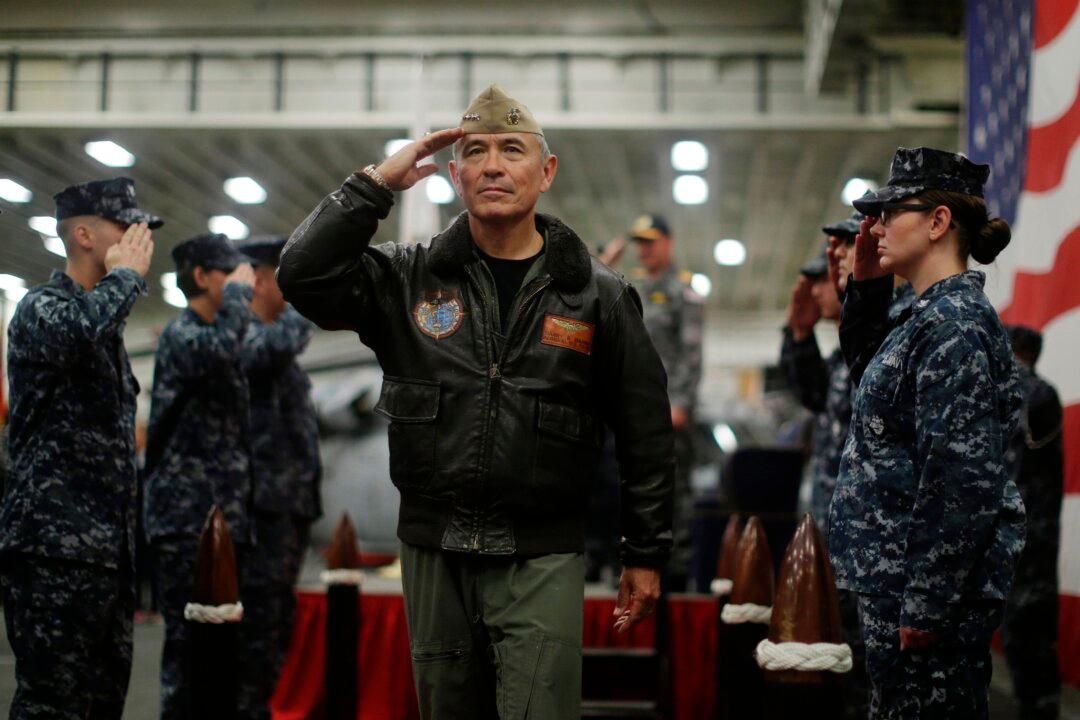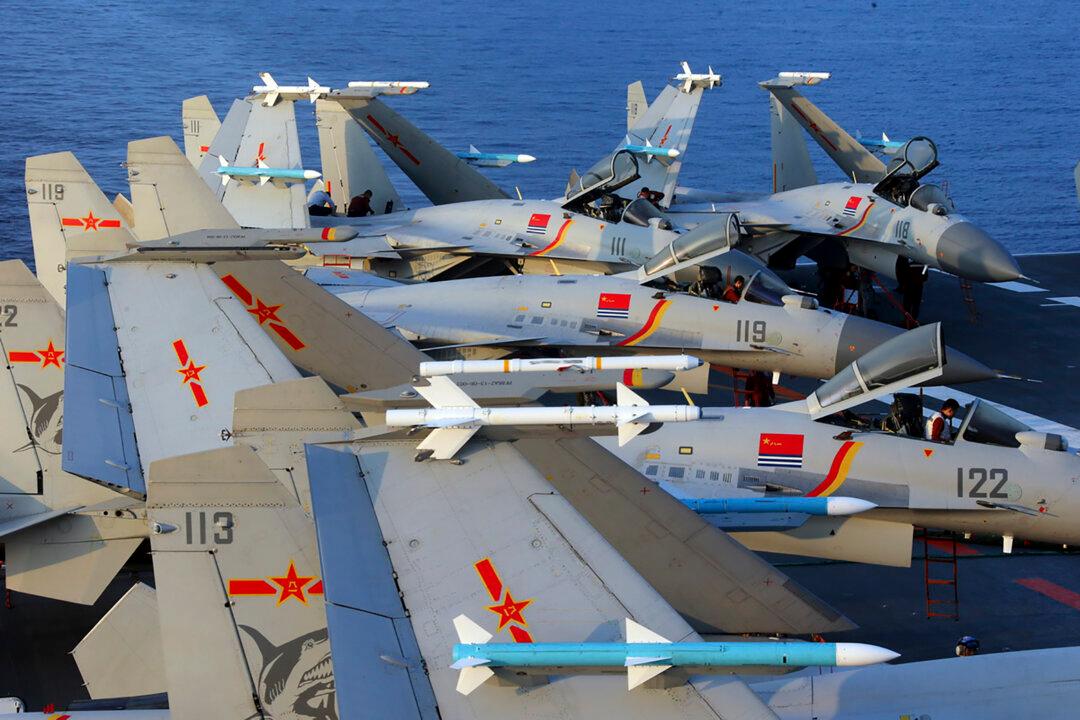WASHINGTON — President Donald Trump has announced the intention to nominate U.S. Navy Adm. Harry Harris to be the next U.S. ambassador to Australia. Harris, who is the top commander of the U.S. military in the Pacific, is a noted hard-liner when it comes to countering Chinese military aggression in the Pacific to such an extent that the Chinese regime had previously demanded that he be fired.
The White House announcement on Feb. 9 praised the veteran U.S. Navy admiral as “a highly decorated, combat proven Naval officer with extensive knowledge, leadership, and geopolitical expertise in the Indo-Pacific region.”




